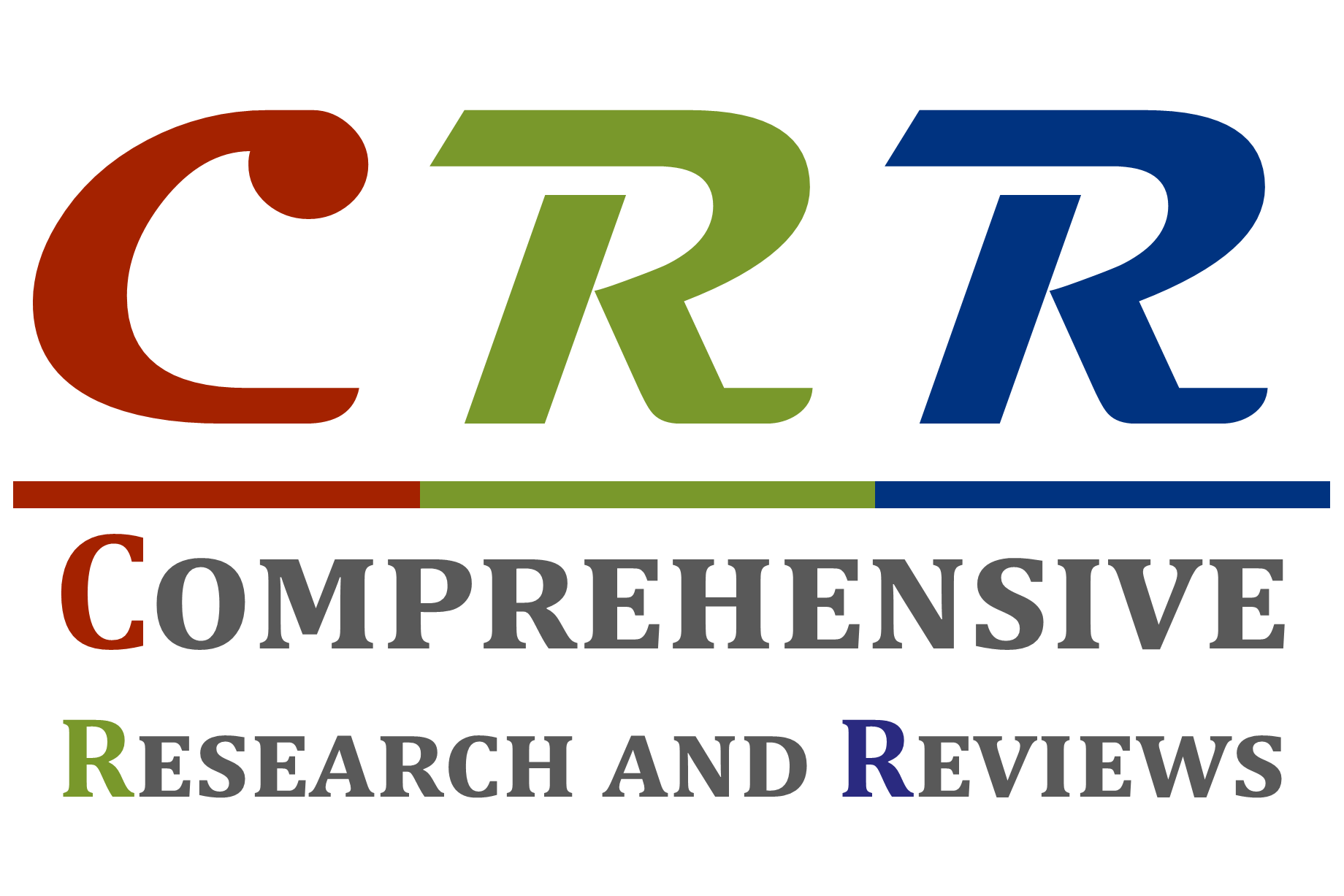Blockchain for sustainable waste management: Enhancing transparency and accountability in waste disposal
1 Independent Researcher, Houston, TX.
2 GE Vernova, Canada.
3 Department of Forestry and Environmental Management, Micheal Okpara University of Agriculture Umudike, Nigeria.
4 Office of Safety Health and Environment, Morgan State University, USA.
Review
Comprehensive Research and Reviews in Science and Technology, 2024, 02(01), 045–069.
Article DOI: 10.57219/crrst.2024.2.1.0032
Publication history:
Received on 08 August 2024; revised on 13 September 2024; accepted on 16 September 2024
Abstract:
Blockchain technology has emerged as a transformative tool for enhancing transparency and accountability in waste management systems, contributing significantly to sustainability goals. This paper explores how blockchain can revolutionize waste disposal practices by providing an immutable, decentralized ledger that tracks waste from generation to disposal. The use of blockchain ensures that all transactions and movements of waste materials are recorded in a transparent and tamper-proof manner, addressing challenges related to data integrity and fraud in waste management. Blockchain technology facilitates real-time monitoring and verification of waste disposal processes. Each stage of the waste management chain, from collection and transportation to processing and final disposal, is documented on a distributed ledger accessible to all stakeholders. This transparency not only reduces the risk of illegal dumping and misreporting but also enables more effective regulatory compliance. Stakeholders, including waste management authorities, businesses, and the public, can access reliable data on waste management practices, fostering greater accountability. Moreover, blockchain supports the implementation of circular economy principles by tracking the lifecycle of recyclable materials. It enables efficient sorting and recycling by providing detailed records of material types and quantities, thereby improving recycling rates and reducing landfill dependency. Smart contracts on blockchain platforms can automate transactions and enforce compliance with waste management policies, further enhancing operational efficiency and reducing administrative burdens. The adoption of blockchain in waste management also promotes stakeholder engagement and trust. Public access to real-time data and historical records empowers communities to participate in and monitor local waste management efforts, leading to increased public awareness and responsibility. Despite its potential, the implementation of blockchain in waste management faces challenges such as integration with existing systems, scalability, and data privacy concerns. Addressing these challenges requires collaboration between technology developers, waste management professionals, and policymakers. In conclusion, blockchain technology offers significant benefits for sustainable waste management by improving transparency, accountability, and efficiency. Its potential to transform waste disposal practices highlights the need for continued exploration and development in this field.
Keywords:
Blockchain; Sustainable waste management; Transparency; Accountability; Waste disposal; Circular economy; Smart contracts; Data integrity; Recycling; Stakeholder engagement
Full text article in PDF:
Copyright information:
Copyright © 2024 Author(s) retain the copyright of this article. This article is published under the terms of the Creative Commons Attribution Liscense 4.0
